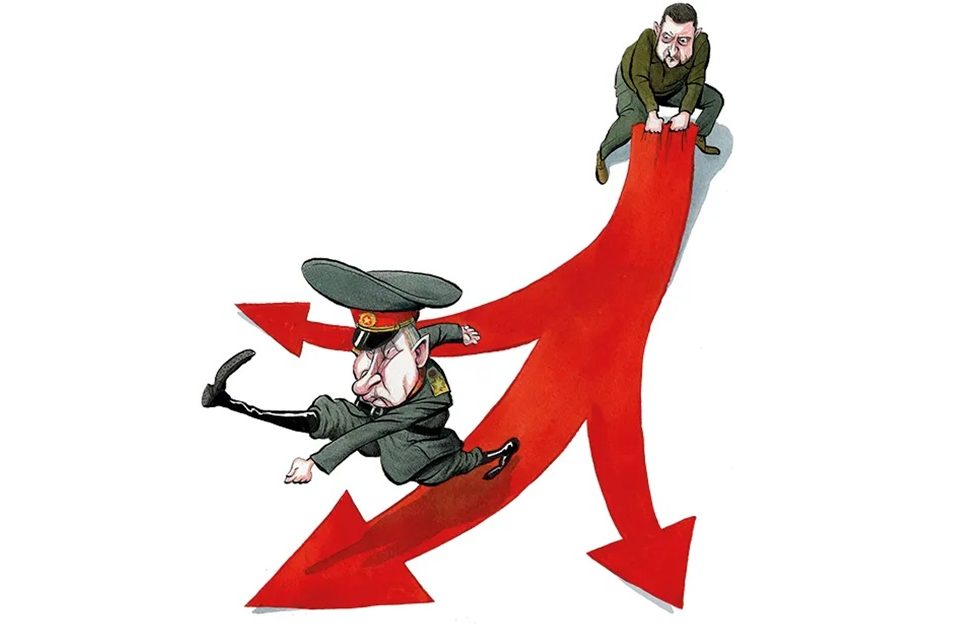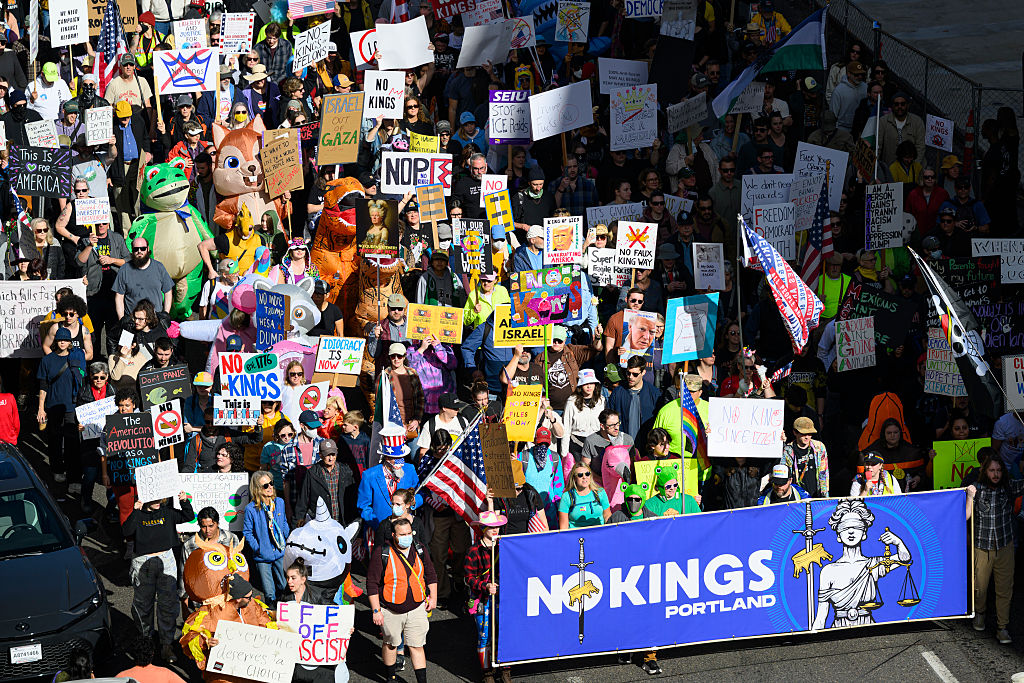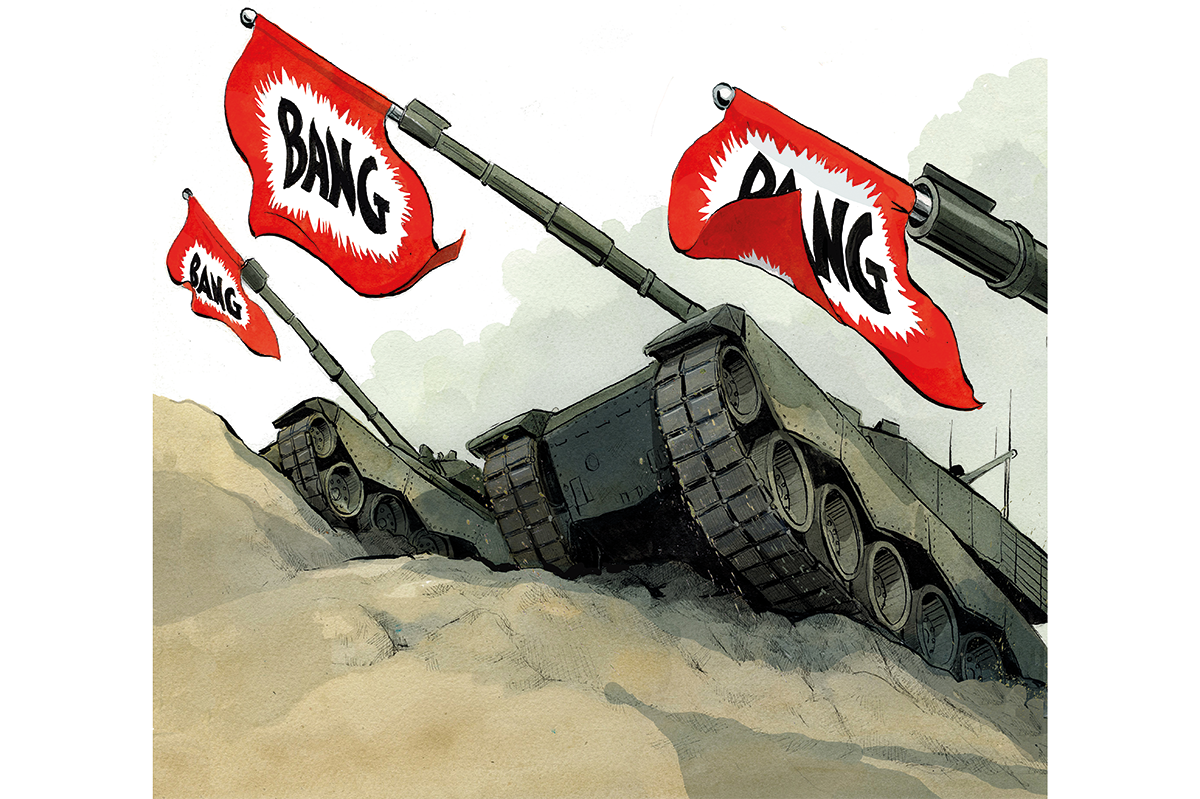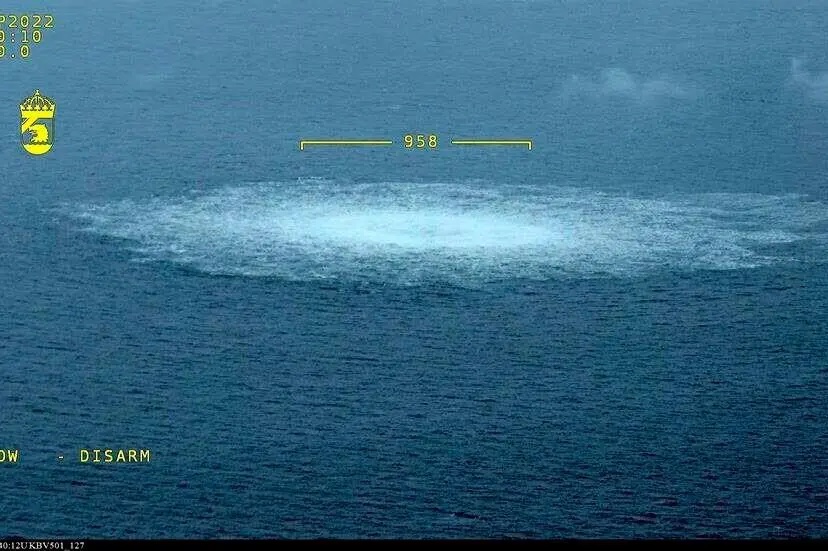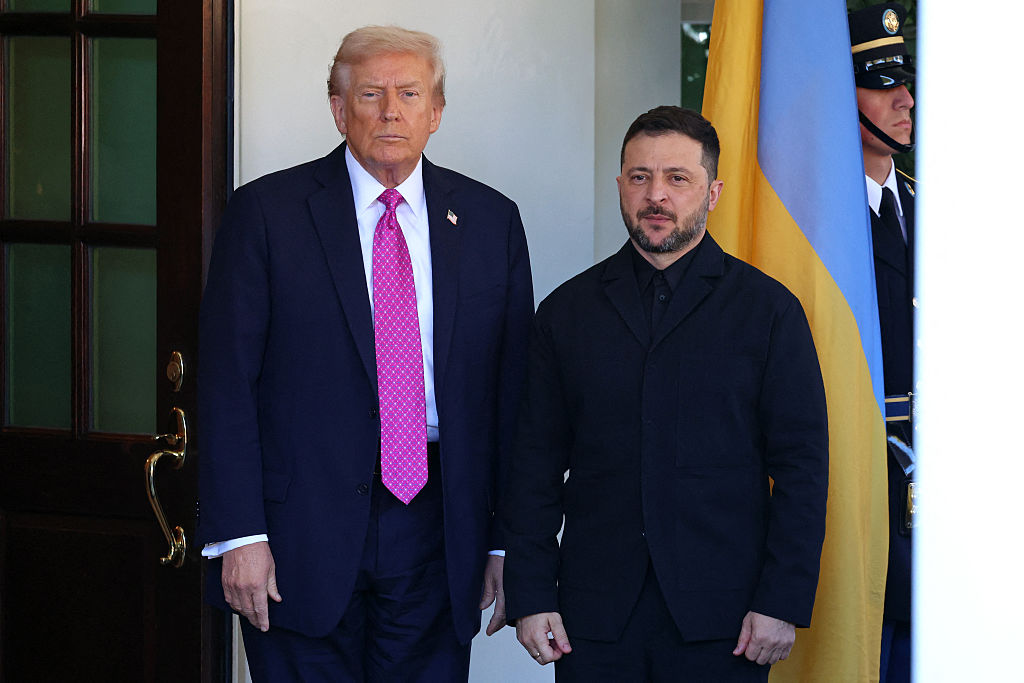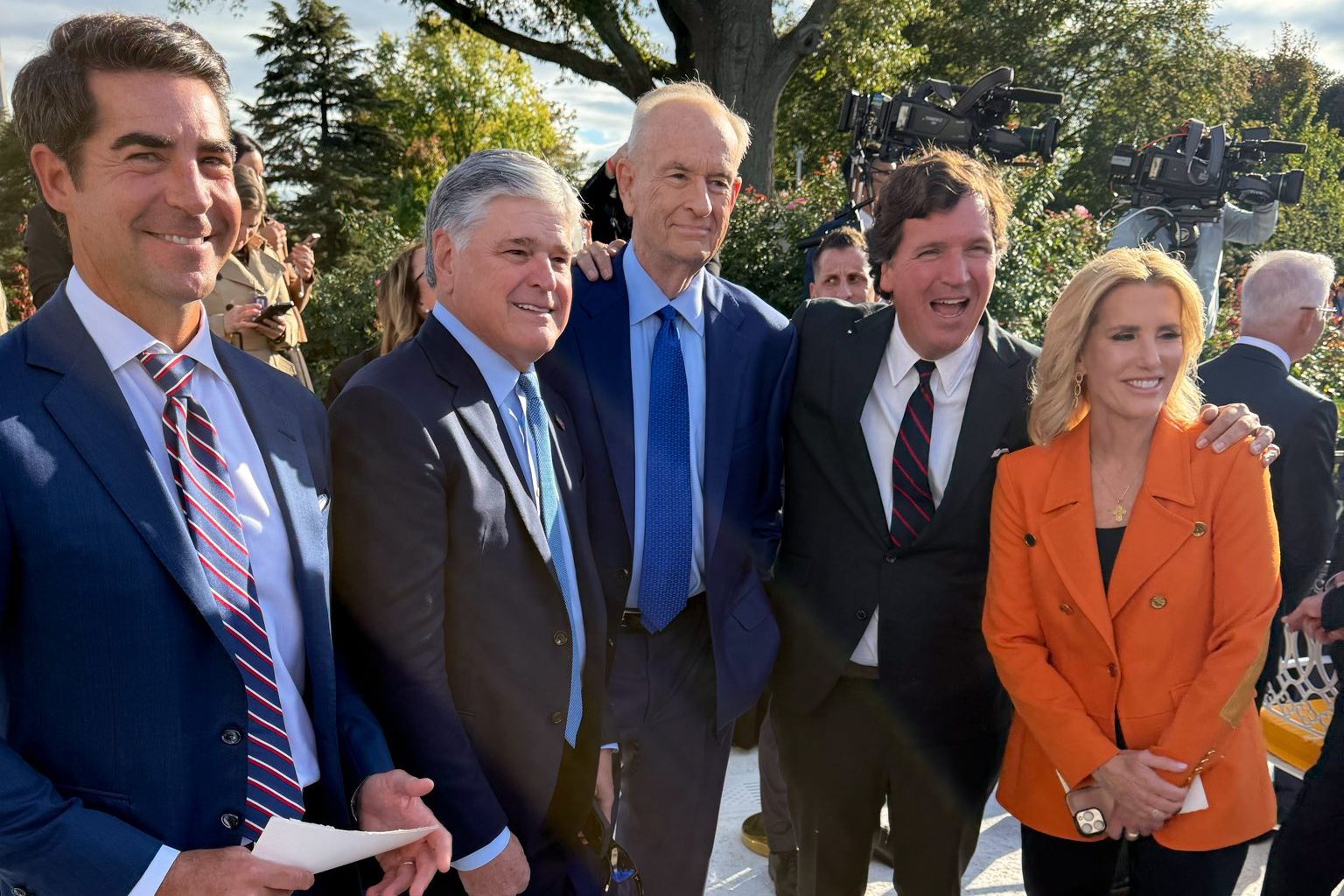Ukraine’s President Zelensky was in London last week — as well as Paris, Rome, Berlin and Dubrovnik — asking for NATO membership. In every city, he heard the same “not yet” as he’d received in Washington last month.
Some of Kyiv’s western allies believe membership is the only way to guarantee Ukraine’s independence. Russia has never attacked a NATO country, because of the Article 5 guarantee that an attack against one is an attack against all. Therefore, Ukraine will never be safe from Russia unless it joins.
The US government wants to avoid the war that Ukrainian membership would oblige it to fight
But there’s a fundamental flaw to this logic: Ukraine cannot join NATO in the foreseeable future. Legally, the organization’s charter bans any state with disputed borders from joining — and no state in modern times has more viciously disputed borders than Ukraine. Politically, new members must be ratified by all members — and Hungary, Turkey, Croatia, Germany and the US have weighty constituencies who believe Ukrainian admittance would be a profound folly. The NATO secretary-general Mark Rutte was peddling a dangerous fantasy when he promised this month: “Ukraine is closer to NATO than ever before. And will continue on this path until you become a member of our alliance.”
Kyiv finds itself in the worst of all possible worlds. It suffers the downsides of remaining an aspiring member, to which Vladimir Putin is violently opposed. At the same time, it receives military and financial aid from NATO countries, but not enough to beat Russia.
The US won’t give Zelensky permission to use NATO-supplied missiles on targets inside Russia. Washington doesn’t trust him following the Kursk incursion in August (the US had advised against it, according to both a senior NATO official and a member of Zelensky’s administration). The White House’s “absolute priority remains preventing the war from tipping into a direct NATO-Russia kinetic war,” one NATO source tells me. The Biden administration, in other words, wants to avoid the war that Ukrainian membership would oblige America to fight.
Many western leaders — including Boris Johnson in The Spectator — have argued that failing to sign up Ukraine to NATO is appeasement. Given that there is no chance of the country actually joining, this is a debate of abstract principle, not of reality. Turkey relies on Moscow for its gas and its export economy, as well as for a balance of power in Syria. The likelihood of it voting to admit Ukraine — even without considering the relationship between Presidents Erdogan and Putin — is zero. Ditto for Hungary; and the US, where support for continued aid to Ukraine of any kind has fallen to under 48 percent.
Even strong advocates of Ukrainian NATO membership such as Professor Mary Elise Sarotte of Johns Hopkins University acknowledge that the sole practical path is a kind of NATO-lite. “Although NATO’s 1949 founding treaty does obligate allies to treat an attack on one as an attack on all,” she argues, “it doesn’t impose one-size-fits-all membership requirements.” France, for example, withdrew from NATO’s integrated military command in the 1960s. Norway — the only founding member to have a land border with Russia — unilaterally declared in 1949 that no foreign troops or nuclear missiles could be stationed on its soil in peacetime. West Germany got around the disputed-borders ban by renouncing “recourse to force to achieve the reunification of Germany,” notes Sarotte. “They made it clear that they were enduring, not accepting, that division.”
The practical options for Ukraine, then, are a kind of NATO-minus arrangement or security guarantees from the West without membership. These would amount to a beefed-up version of the 1994 Budapest Memorandum on Security Assurances, where the US, UK and Russia guaranteed the sovereignty of Belarus, Kazakhstan and Ukraine in exchange for their giving up nuclear weapons. Those guarantees were forgotten when Russia annexed Crimea in 2014, making Kyiv understandably skeptical about their revival. In practical terms, the difference between a “NATO-minus” and a “Budapest-plus” guarantee is small.
Ukraine’s attempts to join NATO made it vulnerable to Russian aggression originally. It has been “the brightest of all red lines for the Russian elite (not just Putin),” wrote William Burns — then US ambassador to Moscow, now head of the CIA — as far back as 2008. “In more than two and a half years of conversations with key Russian players, from knuckle-draggers… to Putin’s sharpest liberal critics, I have yet to find anyone who views Ukraine in NATO as anything other than a direct challenge to Russian interests.” From the early Yeltsin period, the Kremlin has regarded the prospect of NATO missiles and forces in Ukraine as an existential threat. Putin annexed Crimea in 2014 and launched his invasion in February 2022 fundamentally to prevent Ukraine from joining. His theories of the unity of the Ukrainian and Russian peoples were ideological window-dressing.
According to three of the Ukrainian negotiators in Turkey in March and April 2022 (to whom I have spoken), Russia demanded Ukrainian “neutrality” — i.e. staying out of NATO. Kyiv’s negotiators were ready to accept the condition, but talks broke down because the Kremlin also demanded restrictions on the size of the Ukrainian army.
In peace talks this winter, Ukraine will be asked to endure, West German-style, the de facto partition of the country, even though it will certainly refuse to accept it de jure. But what does Kyiv do if neutrality becomes the key concession required to achieve peace?
As long as NATO membership remains impossible, western security guarantees are the only option. The terrible choice for Kyiv will be whether to leave open the option of joining at some distant future time — thereby making any peace deal unstable — or to agree to official neutrality, which would be a capitulation to Putin’s demands. But could a neutral Ukraine, its borders firmly guaranteed by the West, result in a more secure country than one stuck in what Zelensky describes as NATO’s “perennial waiting room?”
This article was originally published in The Spectator’s UK magazine. Subscribe to the World edition here.



